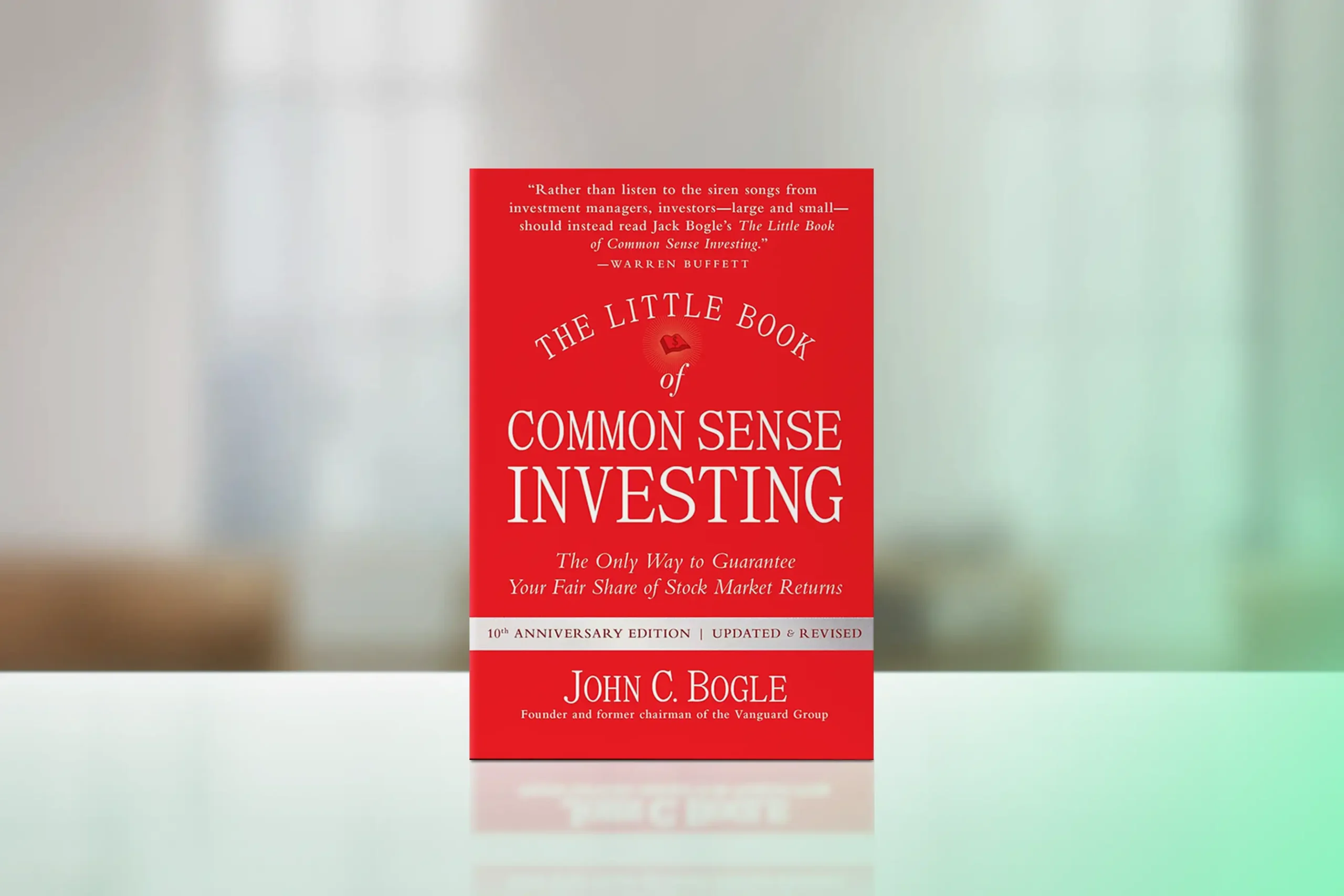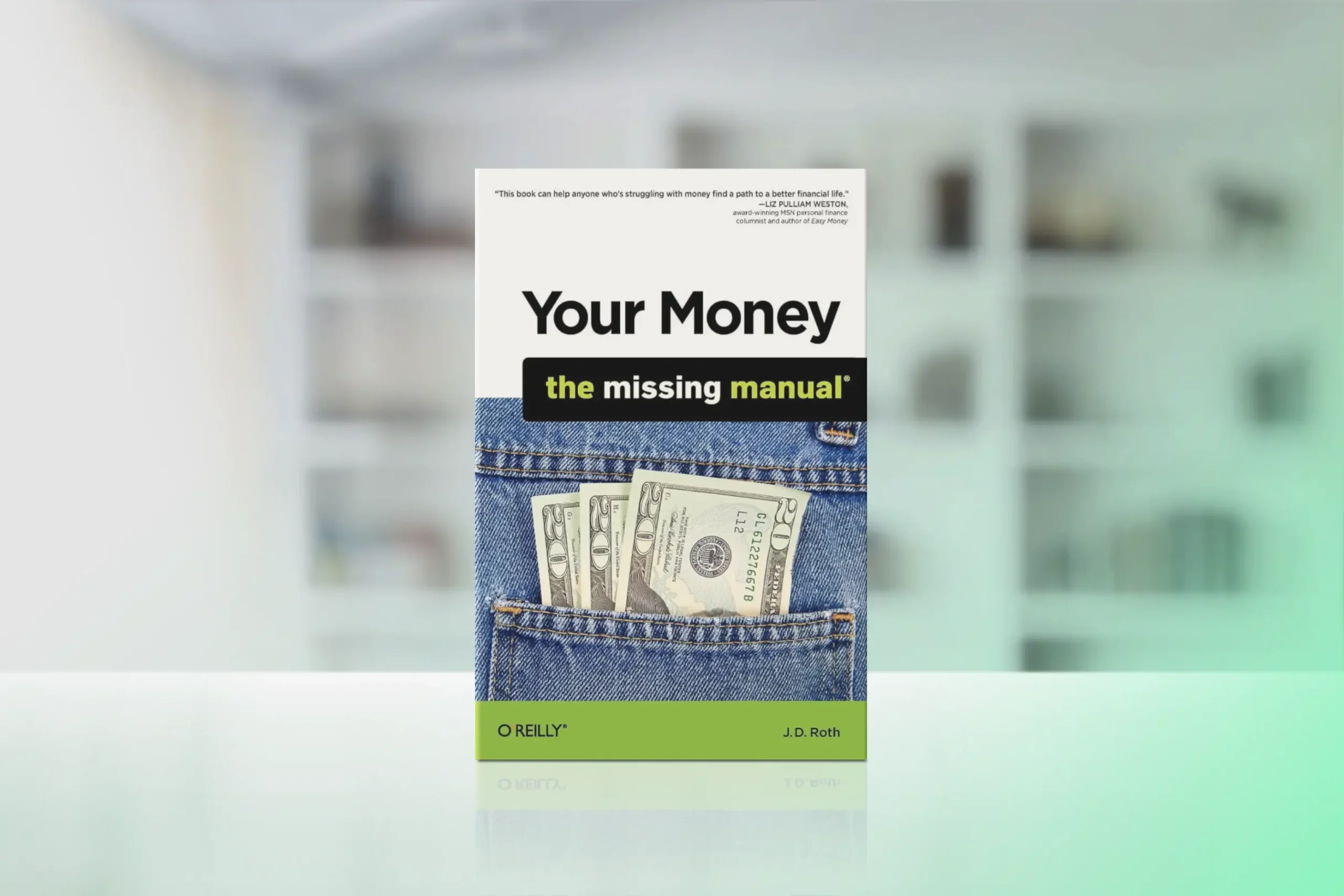In the ever-evolving world of finance, John C. Bogle’s “The Little Book of Common Sense Investing” stands as a beacon of wisdom for both novice and experienced investors alike. First published in 2007 and revised in 2017, this compact yet powerful guide challenges conventional investment strategies and presents a compelling case for a simpler, more effective approach to building long-term wealth. Bogle, the founder of Vanguard Group and creator of the first index mutual fund, distills decades of financial expertise into a clear, actionable strategy centered on low-cost index fund investing.
Core Concepts
At its heart, “The Little Book of Common Sense Investing” advocates for a straightforward investment philosophy that flies in the face of Wall Street’s often complex and costly strategies. Bogle’s approach is built on several key principles:
- Embrace index investing: Invest in low-cost index funds that track the entire stock market
- Minimize costs: Keep investment expenses as low as possible to maximize returns
- Stay the course: Maintain a long-term perspective and avoid reacting to short-term market fluctuations
- Beware of financial industry marketing: Question claims of market-beating performance
- Focus on simplicity: Avoid complicated investment strategies and stick to a basic, diversified portfolio
By following these principles, Bogle argues that investors can harness the power of compound interest and the overall growth of the market, ultimately outperforming the majority of actively managed funds over the long run.
Chapter-by-Chapter Review
Chapter 1: A Parable
Bogle opens with a compelling parable that illustrates how intermediaries in the financial industry often extract significant value from investors’ returns. This sets the stage for his argument in favor of low-cost, direct investing through index funds.
Chapter 2: Rational Exuberance
Here, Bogle explains the concept of investing in the stock market as a whole, emphasizing the long-term growth potential of American businesses. He introduces the idea that owning a piece of the entire market through index funds is a logical and effective investment strategy.
Chapter 3: Cast Your Lot with Business
This chapter delves deeper into the relationship between business performance and stock market returns. Bogle emphasizes that by investing in a broad market index, you’re essentially betting on the collective success of American enterprise.
Chapter 4: How Most Investors Turn a Winner’s Game into a Loser’s Game
Bogle critiques the common pitfalls of active investing, such as excessive trading, high fees, and attempts to time the market. He demonstrates how these behaviors can erode returns and turn investing from a “winner’s game” into a “loser’s game.”
Chapter 5: The Grand Illusion
This section exposes the “illusion” that professional money managers can consistently outperform the market. Bogle presents compelling data showing that, after costs, the vast majority of actively managed funds underperform their benchmark indexes over time.
Chapter 6: Taxes Are Costs, Too
Bogle highlights an often-overlooked aspect of investing: the impact of taxes. He explains how the low turnover and tax efficiency of index funds can lead to significantly higher after-tax returns compared to actively managed funds.
Chapter 7: When the Good Times No Longer Roll
This chapter addresses the challenges of investing during market downturns. Bogle emphasizes the importance of maintaining a long-term perspective and the potential dangers of abandoning a sound investment strategy during periods of market volatility.
Chapter 8: Selecting Long-Term Winners
Bogle provides guidance on choosing index funds, emphasizing the importance of low costs, broad diversification, and simplicity in fund selection.
Key Strengths
- Clear, concise explanation of index investing principles
- Backed by extensive data and historical evidence
- Empowers individual investors to take control of their financial future
- Promotes a low-stress, long-term approach to wealth building
- Exposes common pitfalls and misconceptions in the investment industry
Potential Drawbacks
- May seem overly simplistic to those seeking more advanced strategies
- Primarily focused on U.S. markets, with less emphasis on international investing
- Some readers might find the repetition of core concepts redundant
Who This Book Is For
“The Little Book of Common Sense Investing” is an invaluable resource for a wide range of readers, including:
- Beginner investors looking for a solid foundation in investment principles
- Experienced investors seeking to simplify their portfolio and reduce costs
- Anyone disillusioned with complex or underperforming investment strategies
- Individuals preparing for retirement or long-term financial goals
Final Review
John C. Bogle’s “The Little Book of Common Sense Investing” is a game-changing guide that has the power to transform your approach to building long-term wealth. By advocating for a simple, low-cost investment strategy centered on index funds, Bogle provides a clear path for investors to potentially outperform the majority of professional money managers over time.
While implementing the book’s principles may require overcoming the temptation of flashier, more complex investment strategies, the potential benefits are substantial. By focusing on minimizing costs, maintaining a long-term perspective, and harnessing the power of the entire market, readers can take control of their financial future with confidence.
The greatest challenge in applying Bogle’s advice may be maintaining discipline during market volatility. However, the book provides compelling reasons to stay the course, potentially leading to significant long-term rewards.
Rating: 4.7/5
A must-read for anyone serious about building lasting wealth through intelligent, low-cost investing.
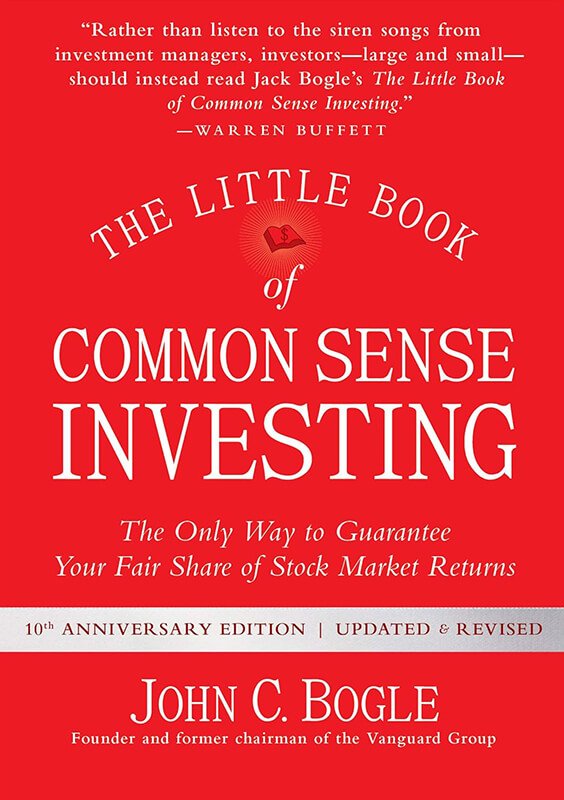
Alternative Books
If you’re looking to expand your knowledge of investing and personal finance, consider these related books:
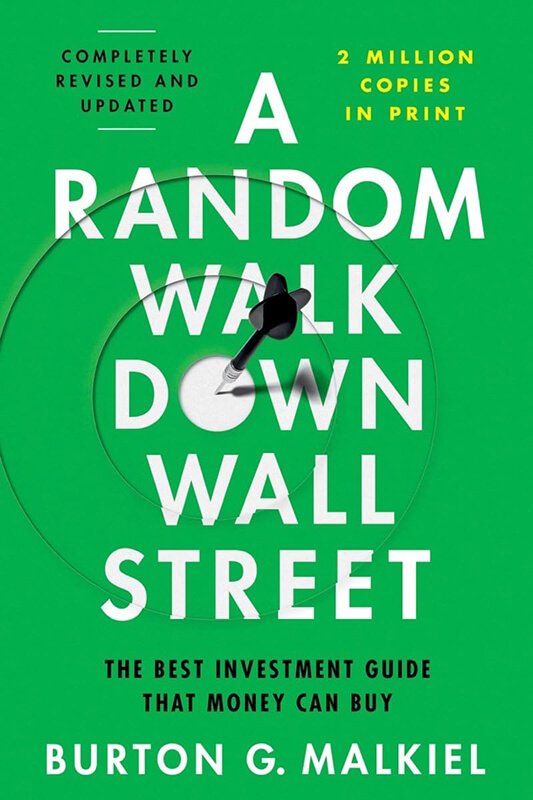
A Random Walk Down Wall Street by Burton G. Malkiel
A comprehensive guide to various investment strategies, supporting the efficient market hypothesis.
Rating: 4.5/5
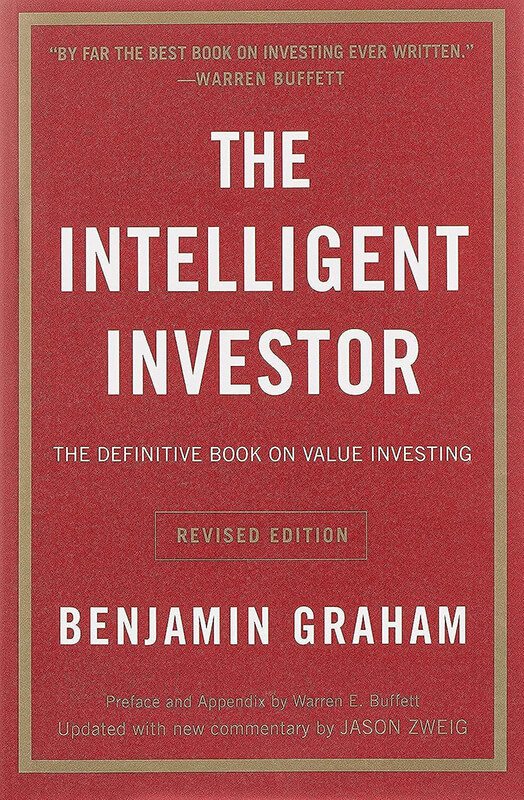
The Intelligent Investor by Benjamin Graham
A classic work on value investing, offering timeless principles for making informed investment decisions.
Rating: 4.6/5
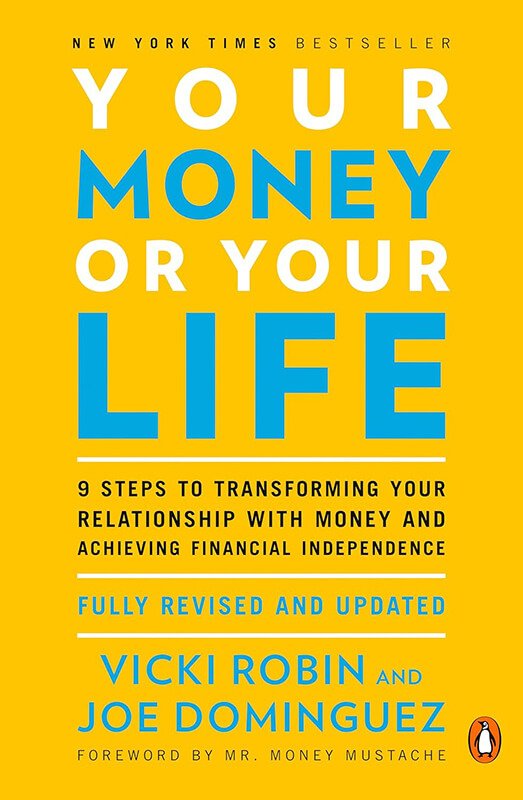
Your Money or Your Life by Vicki Robin and Joe Dominguez
A holistic approach to personal finance, focusing on aligning your money with your values and life goals.
Rating: 4.5/5

